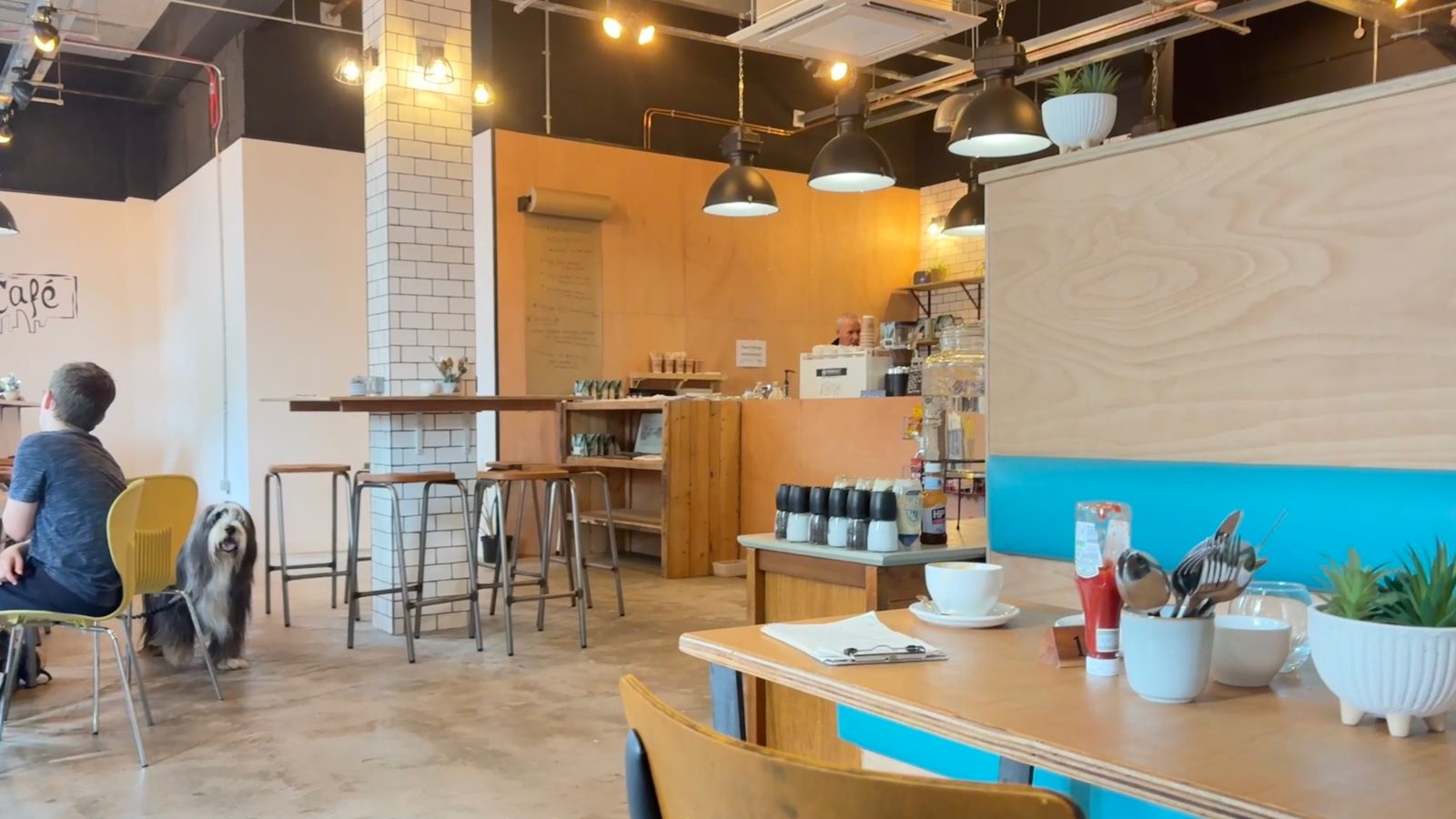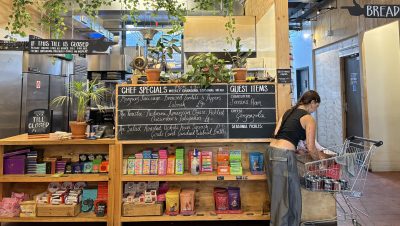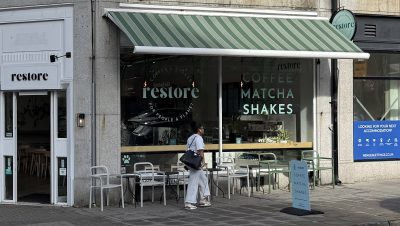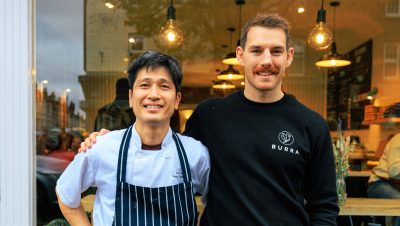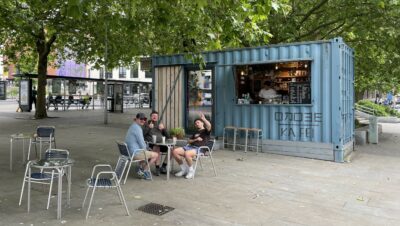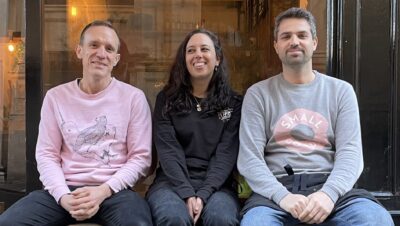Features / Cafes
Bristol’s cafe of second chances
Hidden behind the fresh-smelling paint of the recently opened Key Cafe is a heartwarming story of new beginnings, renewed chances and a hopeful future.
For nearly three decades, the founder and CEO of the Key Cafe, Suzanne Thompson, has worked with people leaving prison, trying to rehabilitate them into the real world with training and jobs. For this she set up the Restore Trust in 2009, when she realised that these people “want the same as everyone else”.
Suzanne added: “They want stable accommodation, a job, they want income, and to be able to participate and contribute in life. But the issue for them often was, ‘who’s going to employ me with a criminal conviction? I’ve got no recent work experience, no CVs, no references.’
is needed now More than ever
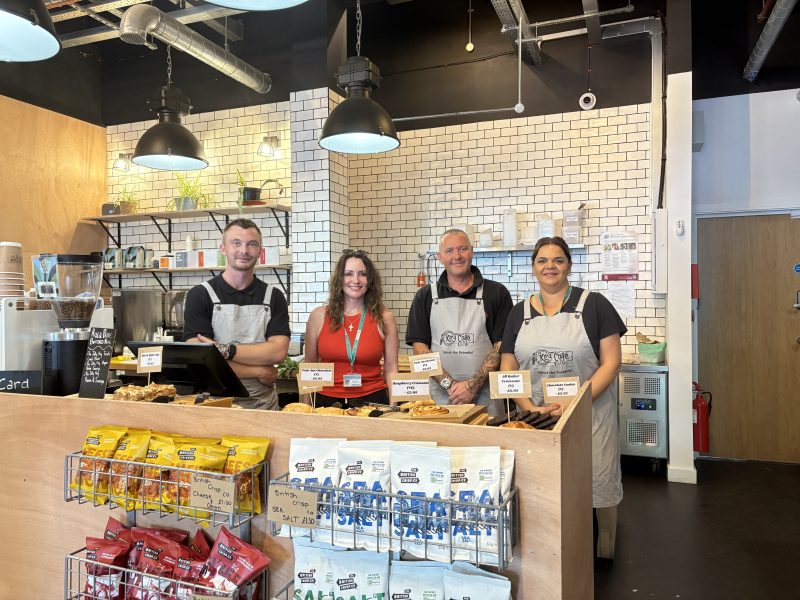
Suzanne Thompson can be seen with the cafe’s employees – photo: Karen Johnson
“And actually, what we were dealing with was a lot of negative self-identity. When people come out from prison, they need a lot of support and if it’s not there, they quite often will go back to old behaviour.”
In 2019, Suzanne set up the Key charity to hopefully start transitional paid placements for those leaving prison: an idea that’s now taken the shape of this cafe, located in a building on Gloucester Road close to Bristol Prison owned by the Ministry of Justice.
On this recent morning, Ben and Bradley are supported in running the cafe by Natalie, who has more than 15 years of experience working in the criminal justice system.
“This is my third year working with the Restore Trust”, Natalie shared.
“I’m working with people being released, putting them on different qualifications, helping them get an education, and giving them information and guidance. I’m here now, working with two great guys who have come out of the system. They are so enthusiastic and willing to change the cycle they’ve been in.”
View this post on Instagram
Ben, who earlier made me a delicious smoothie, can be seen wrestling with the coffee machine as I ask him for a quick chat. He calls the newly opened cafe “brilliant”.
“I really love it,” he says with a smile.
“The prison did help me out with a lot of courses: employability skills, business starter, health hygiene, field safety and even barista training. I’m trying to use those skills in this role.”
The cafe was buzzing with the sweet smell of freshly baked treats, making me crave more than just a smoothie. Little did I know that some of the cakes on display were baked by Bradley, who Suzanne says has found a “huge interest in baking”.
Bradley chuckles: “The cakes are baked inside the prison. It’s all the toppings and stuff on the cake that I make here. I really can’t take full credit.”
These quick chats with Bradley and Ben remind me of something Suzanne said earlier: “They want the same as everyone else”.
Inside the cafe, Ben, Bradley, Suzanne, Natalie and every other customer were the same. They were all integral cogs of a smooth-functioning, tasty treats-producing, independent cafe.
“Everyone in society should have an interest in reducing reoffending and supporting initiatives that help people leave prison and get jobs,” adds Suzanne.
“I’m coming in here and I’m seeing every day, like, how hard they are working, how they are really taking up the opportunity. They want to change their lives. They want to do things differently and most people do when they leave prison.”
Main photo: Karen Johnson
This story first appeared in the seventh edition of Bristol24/7’s annual food and drink guide, EatDrink24/7. You can read the guide here digitally or pick a free copy from various venues in Bristol.
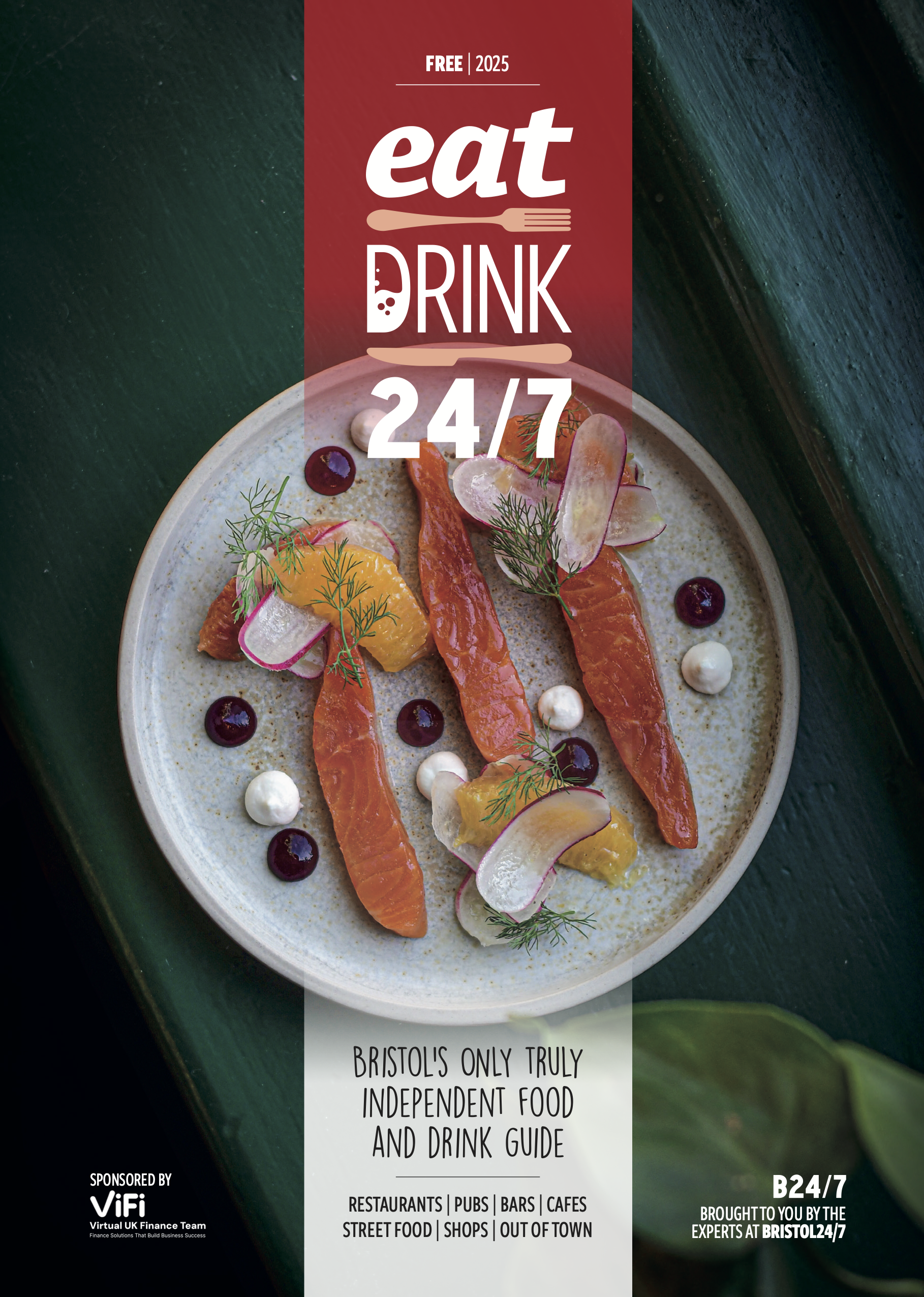
Read next:
 Our newsletters emailed directly to you
Our newsletters emailed directly to you